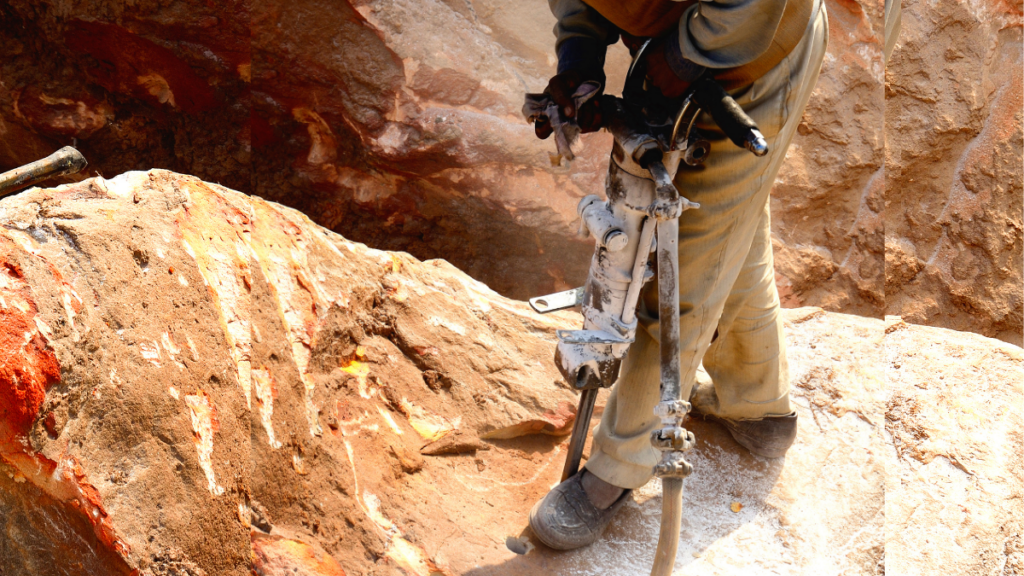
The next green energy revolution may begin below our feet.
That’s the idea behind a new CU Boulder effort that will explore the possibility of coaxing hydrogen from rocks to provide clean energy around the globe. The three-year project is supported by a new grant from the Grantham Foundation for the Protection of the Environment.
Researchers will drill into the Earth to kick-start the production of a commodity known as “geologic” hydrogen (also known as white hydrogen), a potential source for sustainable power.
“There’s been a huge growth of companies in recent years who are zooming around the globe looking for existing subsurface deposits of geologic hydrogen that they can tap into,” said Alexis Templeton, a professor in the Department of Geological Sciences who leads the project. “We want to know: Can we stimulate the production of hydrogen from rocks, creating new gas at rates that are fast enough to one day be economical?”
She explained that when water mixes with iron-rich minerals deep within the planet’s crust, the ensuing reactions can generate pockets of hydrogen gas. These deposits could, theoretically, become a gold mine for sustainable energy: When hydrogen is burned to produce energy, it does not emit greenhouse gases. The only byproduct, in fact, is water.
But first, scientists will need to determine if companies and nations can bring those deposits up to the surface without harming the environment or human communities in the process—and in large enough quantities to meet growing global energy demands.
Templeton and her colleagues will conduct experiments in the lab and then hundreds of meters below the Earth’s surface to see if they can nudge the planet to make more hydrogen than it normally does.
“We’re trying to do this in a way that is as close to how the natural subsurface system behaves as possible,” Templeton said.
The team includes Eric Ellison, a research scientist at CU Boulder, and researchers Peter Kelemen and James Leong from Columbia University; Eric Boyd at Montana State University; Juerg Matter at the University of Southampton in the United Kingdom; and the start-up company Eden GeoPower.
“This project allows us to test our understanding of the chemical reactions that produce hydrogen,” Ellison said. “If we can accelerate these reactions underground, we can turn rocks into a clean and abundant energy resource.”
Life belowground
“Geologists aren’t the only ones hunting for hydrogen,” Templeton added.
Engineers, for example, have succeeded in using solar or wind power to split molecules of water into oxygen and hydrogen gas—so-called “green” hydrogen. The growing global demand for hydrogen, however, has inspired scientists to also look below Earth’s surface.
Geologists have long suspected that deposits of hydrogen gas lay hidden underground…





